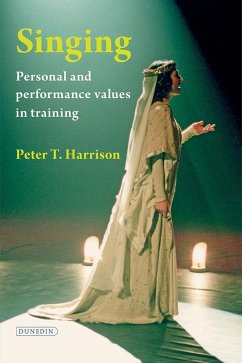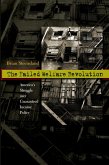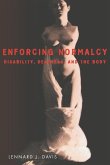What is it in singing that makes for high quality, deeply moving performances? Quality and depth, vocal stability, and stamina all depend on firm foundations being laid at the outset of a singer's development. The key to truly effective procedures of serious voice training and the best model of singers' education is the recognition and understanding of the unique nature of the singing instrument.
Compared with other musicians, a singer begins serious study relatively late. Even at institutions of higher education a singer begins work with only a partially formed instrument. It is development of this most personal instrument that forms the focus of Peter T. Harrison's book. These factors are among those that present the complex challenges for singers that are unique in the musical training world. They also give rise to searching ethical questions.
To date no science or methodology has been able to prevent a growing existential crisis regarding what the author perceives to be declining standards and values in both training and performance. The author maintains that, while the primary responsibility for setting standards and effective curricula lies with the musical institutions, what constitutes excellence in singing, and what is required to achieve it, are in urgent need of clarification. He proposes a progressive training model that arises logically from holistic principles.
A sequel to The Human Nature of the Singing Voice, in which the author explored a holistic basis for teaching and learning this is a challenging book, addressed to all those who have responsibility for singers' voices, not least singers themselves. In so doing Peter T. Harrison addresses substantial ethical issues.
Compared with other musicians, a singer begins serious study relatively late. Even at institutions of higher education a singer begins work with only a partially formed instrument. It is development of this most personal instrument that forms the focus of Peter T. Harrison's book. These factors are among those that present the complex challenges for singers that are unique in the musical training world. They also give rise to searching ethical questions.
To date no science or methodology has been able to prevent a growing existential crisis regarding what the author perceives to be declining standards and values in both training and performance. The author maintains that, while the primary responsibility for setting standards and effective curricula lies with the musical institutions, what constitutes excellence in singing, and what is required to achieve it, are in urgent need of clarification. He proposes a progressive training model that arises logically from holistic principles.
A sequel to The Human Nature of the Singing Voice, in which the author explored a holistic basis for teaching and learning this is a challenging book, addressed to all those who have responsibility for singers' voices, not least singers themselves. In so doing Peter T. Harrison addresses substantial ethical issues.









